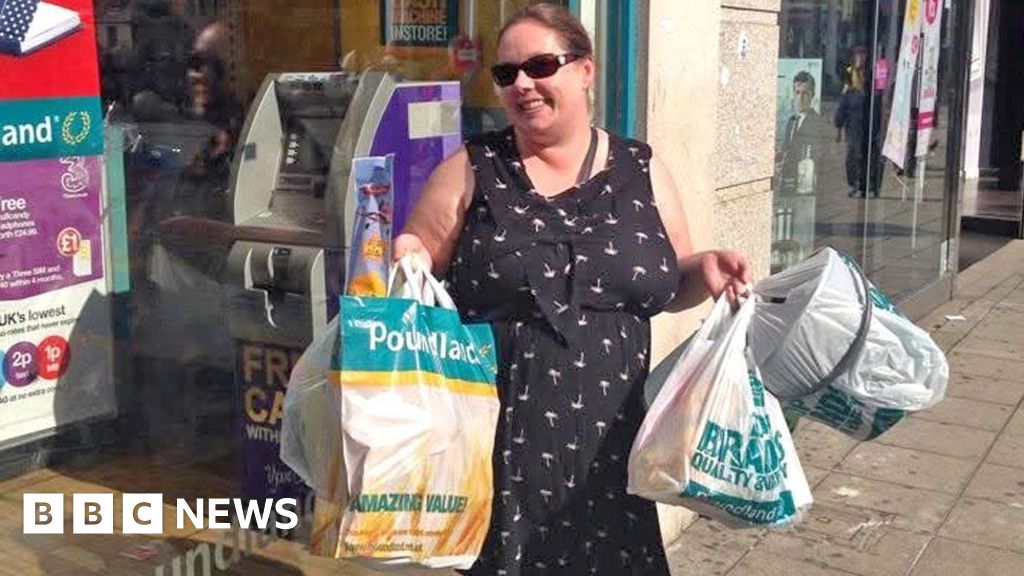School trips – such as this one to the National Gallery in London – face the axe due to funding and … [+]
Getty Images
Schools are being forced to cut provision for students – including school trips – after being caught on the twin horns of a funding and recruitment crisis.
School leaders are having to axe subjects from the timetable, cut back on school trips, abandon sports and extracurricular activities and reduce the number of support staff in response to the squeeze.
The withdrawal from all but core activities ironically comes as schools are being asked to do more to plug the gaps as other youth services are cut.
Half of school leaders in the U.K. said they were being forced to cut school trips and outings – vital for providing a well-rounded education – as a result of the twin crises, according to a survey carried out the Sutton Trust, a charity committed to tackling educational disadvantage.
This is up from a just a fifth – 21% – last year, with school leaders in the most disadvantaged areas more likely to report cutting school trips, 68% compared to 44% in the least deprived areas.
A quarter of school leaders also report having to cut subject choices for students, due to funding shortages and the difficulties in recruiting qualified staff.
The shortage of teachers has become the most acute problem facing schools today, with school leaders increasing struggling to replace staff, particularly in subjects and students increasingly likely to be taught by non-specialists.
The Sutton Trust survey found that more than two thirds – 71% – of school leaders reported problems in recruiting teachers, with a quarter – 26% – saying they were having “great difficulties” with recruitment.
“In the midst of a cost-of-living crisis and the continuing impacts of the pandemic, schools are having to cut essential staff and activities for pupils,” said Carl Cullinane, the Sutton Trusts’s director of research and policy.
The survey painted “a deeply concerning picture of our schools”, he added.
Almost two thirds – 63% – of school leaders reported having to cut the number of teaching assistants, vital to help teachers support students who need additional help, while four in 10 said they were cutting IT equipment and a quarter said they were reducing the number of sports and extracurricular activities available at their school.
The squeeze comes as cuts to local authority and voluntary services mean schools are increasingly having to perform roles normally undertaken by other agencies.
And cuts to mental health services mean there is insufficient support for young people who are struggling to cope at the same time as the number of children in need of help has increased dramatically, partly due to the impact of the pandemic.
The survey also revealed that money intended for the most vulnerable students was being used to plug holes in the school’s budget.
The Pupil Premium is an additional funding allocation introduced in 2011 to help schools support disadvantaged students and help close the achievement gap between rich and poor children. Current levels are £1,455 ($1,811) for primary-age students and £1,035 ($1,288) for secondary.
While the money is allocated to help disadvantaged children, it is not ring-fenced, and two in five school leaders say they are using it to plug holes in their general budget, according to the Sutton Trust survey.
This is up from 33% last year and is the highest figure recorded since the charity began polling on the issue in 2017, suggesting schools are struggling to meet rising costs.
This is despite evidence that the achievement gap between the richest and poorest students has increased in recent years, exacerbated by differences in access to equipment and support during the pandemic.
“Funding for poorer pupils through the pupil premium is more important than ever in the context of these pressures,” said Mr Cullinane. “It is deeply concerning that increasing numbers of schools report having to use their pupil premium funding to plug budget gaps.
“It is vital that this funding is used to narrow the gaps in progress that have opened alarmingly in the wake of the pandemic.”
Government should urgently review funding for schools, particularly for schools in disadvantaged areas, he added.
Credit: Source link










